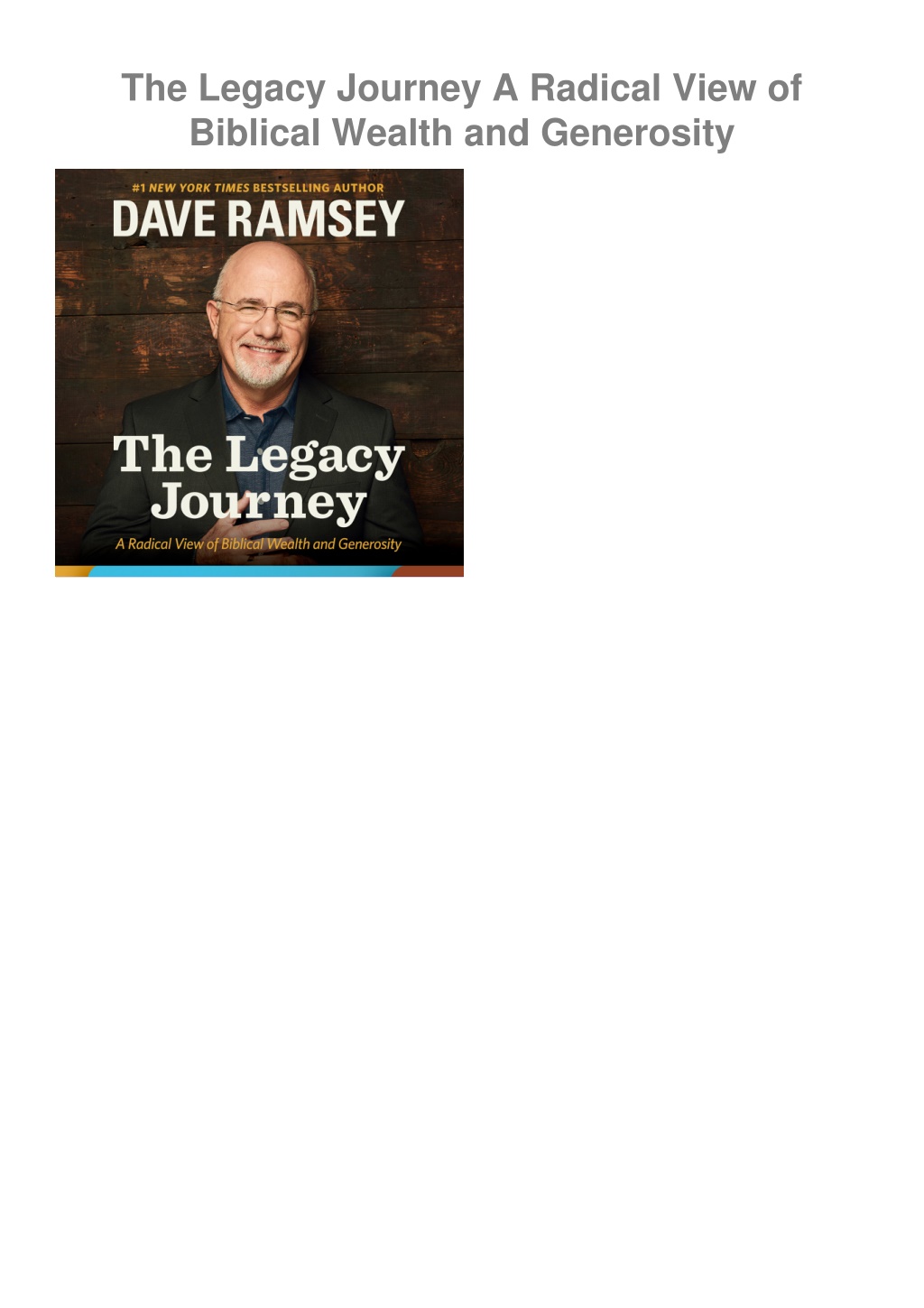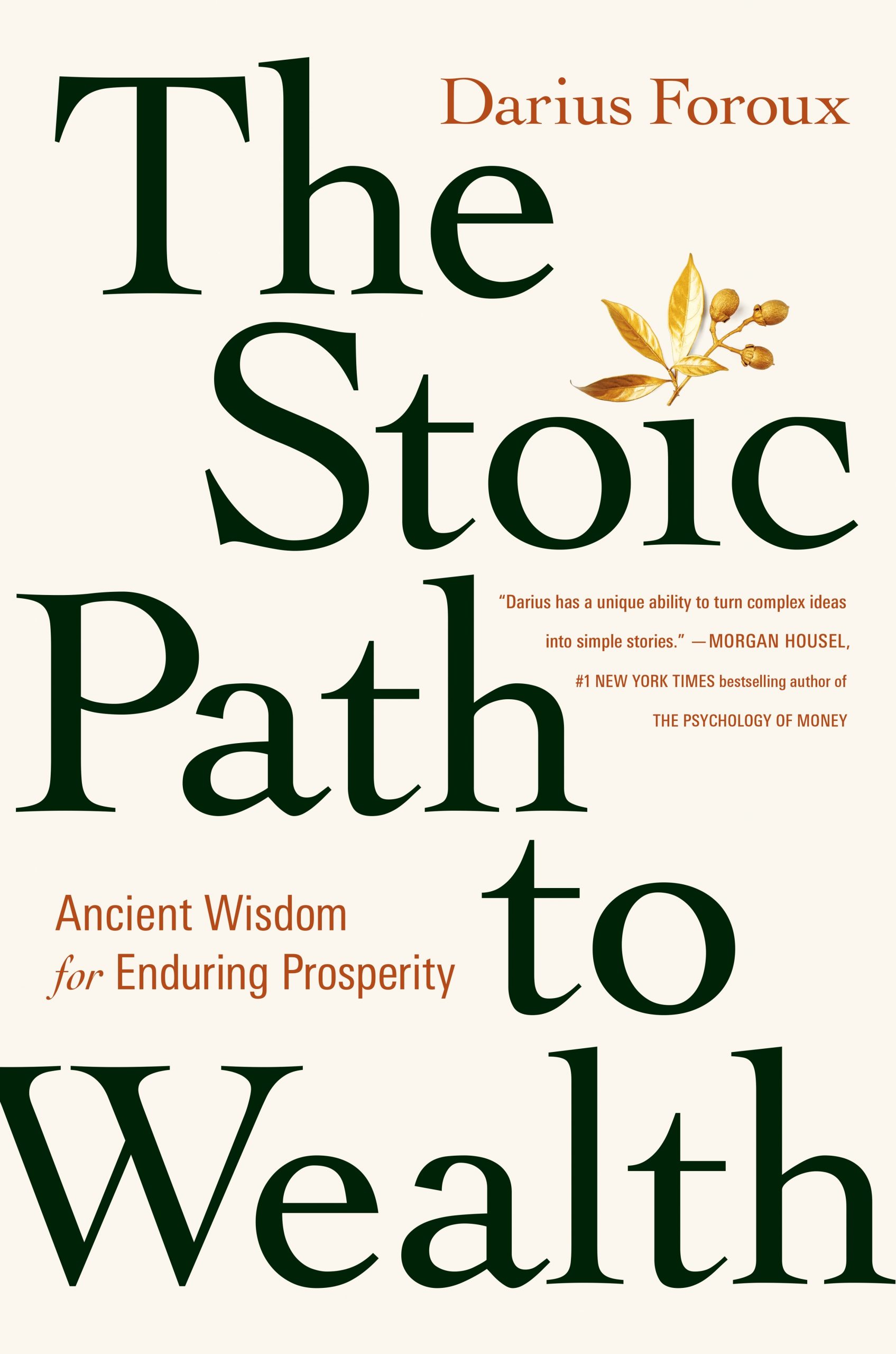How did one of the most influential families in American history lose a fortune that once seemed indestructible? The Vanderbilt saga is not merely a tale of wealth and power but also a profound study of human nature, ambition, and the fragility of legacy. A bold statement emerges from this inquiry: no matter how grand the empire, without careful stewardship, it can crumble into dust.
The story begins with Cornelius Vanderbilt, a man whose name became synonymous with industrial progress in 19th-century America. Born on Staten Island, New York, in 1794, he was known as The Commodore, a moniker reflecting his dominance over shipping and railroads. His rise to prominence was nothing short of spectacular. Starting with a single ferry route at age 16, he expanded his operations relentlessly, employing aggressive business tactics such as undercutting competitors and acquiring smaller firms to consolidate control. By the time of his death in 1877, he had amassed a fortune estimated at $105 million—equivalent to billions today—and left behind an inheritance that dwarfed all others.
| Bio Data | Details |
|---|---|
| Full Name | Cornelius Vanderbilt |
| Date of Birth | May 27, 1794 |
| Place of Birth | Staten Island, New York |
| Death | January 4, 1877 |
| Profession | Shipping Magnate, Railroad Tycoon |
| Net Worth (at Death) | $105 Million (~$3.7 Billion adjusted for inflation) |
| Legacy | Founder of Vanderbilt dynasty; instrumental in shaping American transportation infrastructure |
| Reference Website | History.com - Cornelius Vanderbilt |
Despite his monumental achievements, Cornelius Vanderbilt’s approach to family life often left much to be desired. He fathered thirteen children, yet his focus remained almost exclusively on business. His eldest son, William Henry Vanderbilt, inherited the bulk of his fortune and continued expanding the family's railroad empire. However, subsequent generations began deviating from their forebathers' industrious ethos, prioritizing lavish lifestyles over sustainable growth. This shift marked the beginning of the Vanderbilts' decline.
Their extravagant spending habits are legendary. The Biltmore Estate, constructed by George Washington Vanderbilt II between 1889 and 1895, stands as a testament to their opulence. Spanning 175,000 acres in Asheville, North Carolina, it remains the largest privately owned house in the United States. Similarly, other Vanderbilt descendants commissioned grand mansions along Fifth Avenue in Manhattan, each more ostentatious than the last. These architectural marvels were less about utility and more about flaunting wealth—a practice that drained resources faster than they could replenish themselves.
Another critical factor contributing to the Vanderbilt downfall was poor estate planning. Unlike modern-day billionaires who establish trusts or foundations to safeguard their legacies, many Vanderbilts squandered their inheritances within a few decades. Some invested unwisely, while others simply spent recklessly. For instance, Reginald Claypoole Vanderbilt, a grandson of Cornelius, died penniless after losing millions due to gambling debts and substance abuse. His daughter, Gloria Vanderbilt, later gained fame as a fashion designer and socialite, but her early years were marked by financial instability.
Despite these setbacks, the Vanderbilt name endures through various institutions bearing its mark. Vanderbilt University in Nashville, Tennessee, founded in 1873 with a generous donation from Cornelius's son, continues to rank among the nation's premier educational establishments. Additionally, several members of the family have distinguished themselves in fields ranging from journalism to politics. Anderson Cooper, a CNN anchor and great-great-grandson of Cornelius, exemplifies how contemporary Vanderbilts carry forward their ancestors' tradition of public service and cultural contribution.
In recent years, the Vanderbilt legacy has taken on new dimensions. Family members actively engage in philanthropy, supporting causes related to education, healthcare, and environmental conservation. Gloria Vanderbilt's charitable work focused heavily on children's rights, while her son, Anderson Cooper, has championed LGBTQ+ issues and disaster relief efforts worldwide. Such endeavors underscore the positive impact the family continues to exert despite their diminished financial stature.
Challenges persist, however. As globalization reshapes economies and societal norms evolve, maintaining relevance becomes increasingly difficult for historic dynasties like the Vanderbilts. Moreover, internal disputes occasionally surface, threatening unity among surviving branches of the family tree. Nevertheless, their resilience shines brightly against the backdrop of adversity, proving that even when fortunes fade, legacies endure.
The Vanderbilt experience offers valuable lessons for anyone contemplating wealth management and legacy preservation. First, success requires balance—between personal indulgence and prudent investment. Second, fostering strong familial bonds ensures continuity across generations. Lastly, contributing meaningfully to society amplifies one's impact far beyond material possessions.
Today, the Vanderbilts remain an integral part of American culture, celebrated not only for their past accomplishments but also for their ongoing contributions. Their journey serves as both cautionary tale and source of inspiration, reminding us that true greatness lies not in accumulating riches but in leaving lasting imprints on humanity.
| Modern-Day Impact | Details |
|---|---|
| Vanderbilt University | Premier research institution established in 1873 |
| Gloria Vanderbilt | Fashion designer and advocate for children's rights |
| Anderson Cooper | Award-winning journalist and humanitarian |
| Philanthropic Initiatives | Focus areas include education, health, and environment |
| Cultural Influence | Family continues to inspire literature, film, and art |



